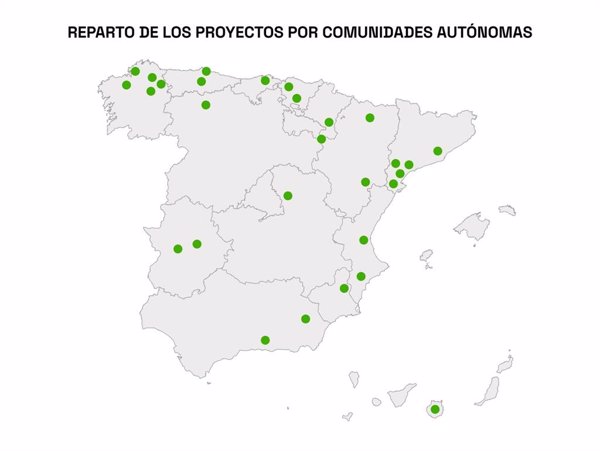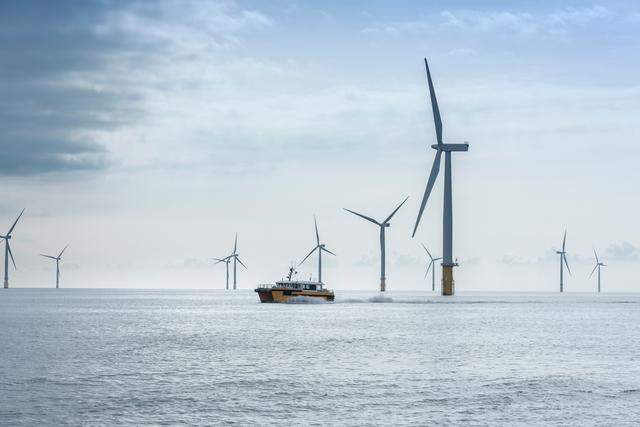Governments of the G20 nations are still spending more than half of trillion U.S. dollars every year to support fossil fuel industries, with Canada and Saudi Arabia the biggest supporters to oil and gas production among the developed and developing nations in G20, respectively, a new report showed this week.

G20 governments continue to support fossil fuels, think tanks International Institute for Sustainable Development (IISD) and Overseas Development Institute (ODI) and clean energy advocate group Oil Change International (OCI) said in their report, Doubling Back and Doubling Down.
G20 countries—which include the major developed economies plus China, Saudi Arabia, Russia, and others—collectively supported oil, gas, and coal with an average US$584 billion annually over the last three years in the form of direct budget transfers, tax expenditure, public finance, price support, or investment in state-owned enterprises, the report shows.
The average annual support to fossil fuels in G20 between 2017 and 2019 fell only by 9 percent compared to the previous three-year period 2014-2016, despite pledges to end inefficient fossil fuel subsidies, the report said.
The decline in government support to fossil fuels over the past three years will likely be undone by billions of U.S. dollars pledged to the industry in response to the pandemic, the research said. According to the latest data from the Energy Policy Tracker, G20 governments have given at least US$233 billion in additional support to fossil fuels through recovery measures since the COVID-19 pandemic began.
“Canada and Saudi Arabia are the worst performers in terms of the scale of support for oil and gas production of OECD and non-OECD member countries, respectively (per unit of GDP),” the report said.
Canada continues to support the sector, in particular liquefied natural (LNG) projects, after shifting its focus from exploration to infrastructure and exports. Saudi Arabia, for its part, continues its support for oil and gas production and fossil fuel-based power, predominantly due to large capital expenditures from its state-owned enterprises and support for fossil fuel use via low energy prices, the report says.
Among the G20 countries who are also members of OECD, Germany was found to have performed best overall in terms of phasing out fossil fuel funding, while Mexico, Turkey, and the United Kingdom ranked equally lowest. Out of the non-OECD G20 countries, Brazil scored highest while Saudi Arabia came in last, the report found.







